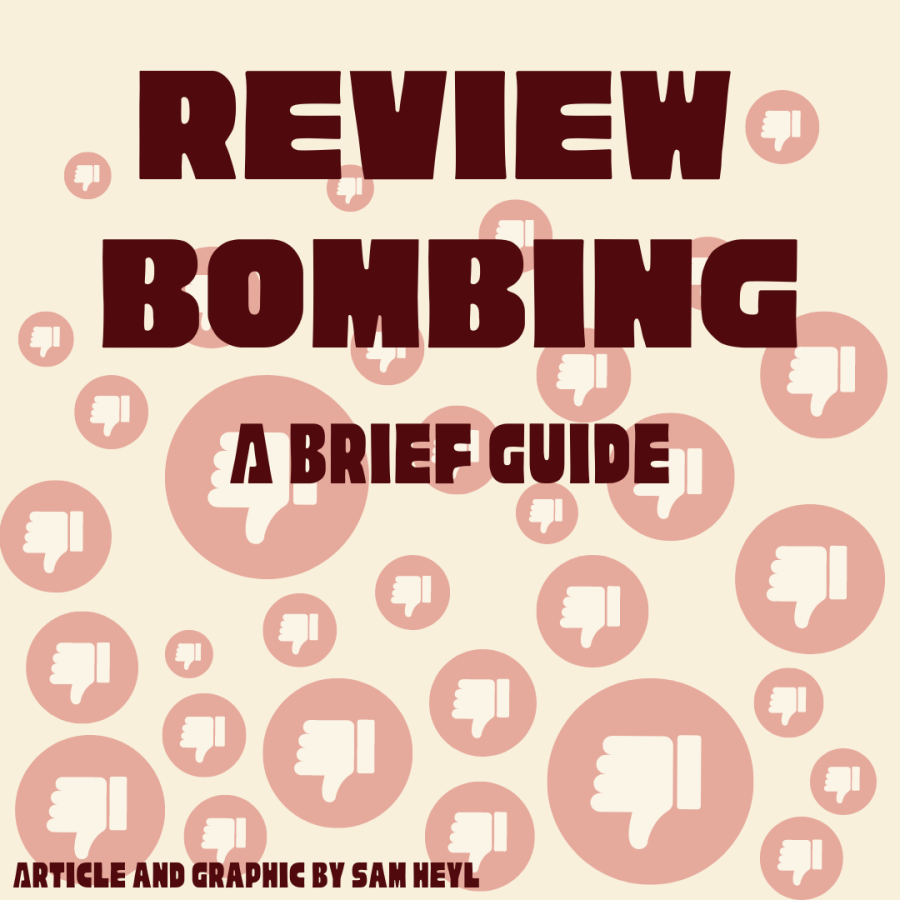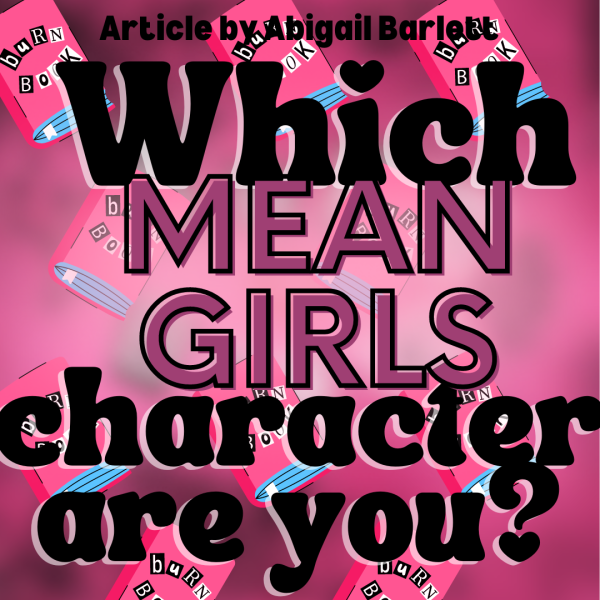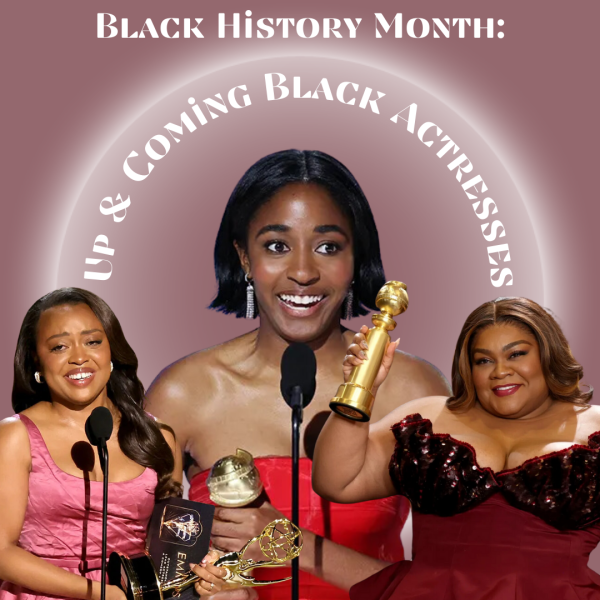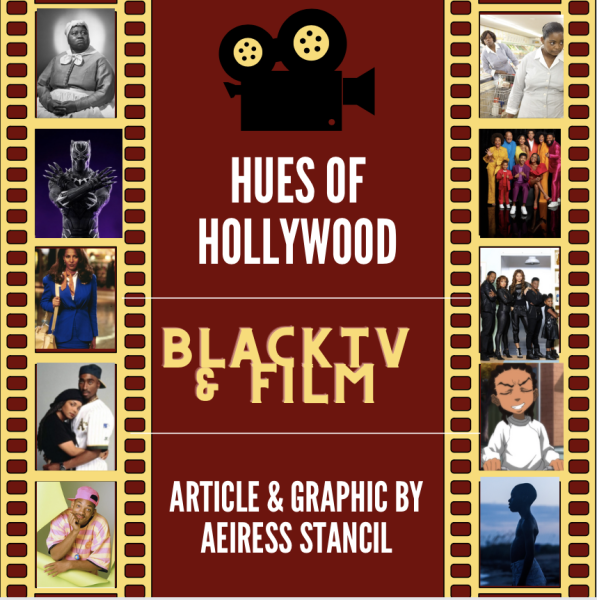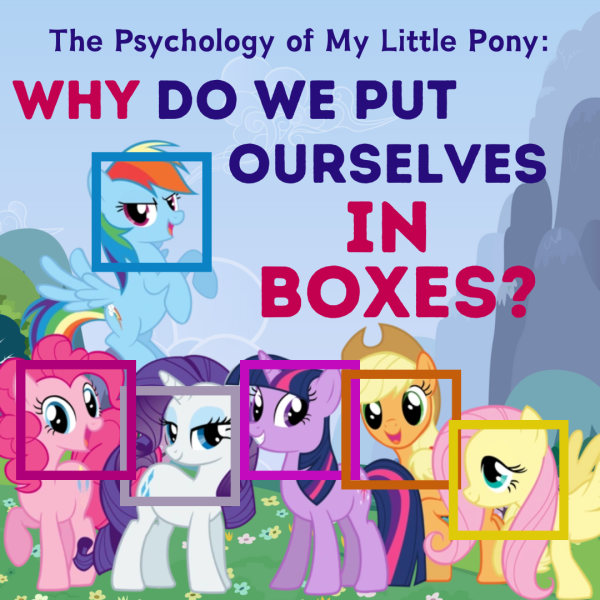What is Review Bombing? A Brief Guide
As pop culture has evolved through the years, producing sequels, franchises, and even cinematic universes; fan culture has evolved alongside it. Much of this growth has been positive, providing new avenues to share passions and expand communities. However, extreme actions of some fans have led to toxic behaviors that have the potential to harm franchises and prevent others from discovering them. One such behavior, known as review bombing, is becoming more prominent, making the news in association with many high-profile shows and movies.
Beginning in highly-passionate gaming communities, review bombing is essentially when a moderately sized group of unsatisfied fans leave a disproportionately high number of negative reviews for a product or property, frequently before the subject matter is even released. Fans have cited reasons ranging from poor graphics to divergence from source material, but as review bombing has translated into movies and televison, the practice has mostly been used as a way to express hurtful backlash against the inclusion of greater diversity in modern media.
Recent examples of this practice can be found in user reviews of Amazon’s The Rings of Power, and Marvel’s She-Hulk: Attorney at Law. On Metacritic, a website where user and critic reviews are compiled into comparable scores for various media, The Rings of Power has a relatively positive critic score of 71/100. Contrastingly, its user score (comprised of audience reviews) is only 2.4/10 When given a closer look, it is easy to notice the bias of this audience rating, as the show has 1400 negative reviews versus only 353 positive reviews, a ratio of about 4:1. She-Hulk shares similar predicament, carrying a user score of 2.4 (due to a similar ratio of negative to positive reviews), despite having a critic score of 67. Many of these negative reviews blame the shows’ choices to represent people of color and women as the reason for their complaint, frequently using inflammatory language to reference what they label as a “woke agenda”. This trend continues when looking at other recent victims of review bombing, with shows and movies like Lightyear, targeted for its LGBTQ+ representation, and Ms. Marvel & Moon Knight, for their representation of diverse religions and cultures.
So why exactly is this process so detrimental? While review bombing often does not lower viewership of the properties in question, it can prevent new viewers from discovering them. Casual fans and newcomers to franchises are typically unaware of review bombing, as it is refered to mostly in devout fan circles. With nothing to go on except highly influenced negative reviews, potential viewers could choose to avoid watching new material, effectively gatekeeping franchises to pre-existing fans. Much more dangerous, however, is its revelation of the weakness of audience review services. Once a pillar of information and discourse among fan communities, audience reviews are now being revealed as highly impressionable and potentially unreliable.
Despite attempts to stop review bombing (most notably Amazon’s suspension of user reviews for The Rings of Power), no one really knows how best to fight it. Shutting down user reviews would completely shift the way fans interact with creators, possibly preventing positive change that can come from audience feedback. Luckily, review bombing has not yet caused major studios to abandon efforts at inclusion. In fact, it has inspired some fan communities to come together with actors and filmmakers, uniting in defense of the positive strides in media representation. So long as positive fan interactions continue to inspire and encourage creators to take steps in the right direction, the harmful words of a few will not outshine the hope and encouragement of many. After all, if all these heroes, witches, and dragons have taught us anything, it’s this: hate never wins.
Your donation will support the student journalists of Enloe Magnet High School, allowing us to cover our annual website costs. We are extremely grateful for any contribution, big or small!

(She/her)
Sam Heyl is a senior excited for her second year on the Eagle's Eye! She lives and breathes animation and any/all creative writing. When she's...


